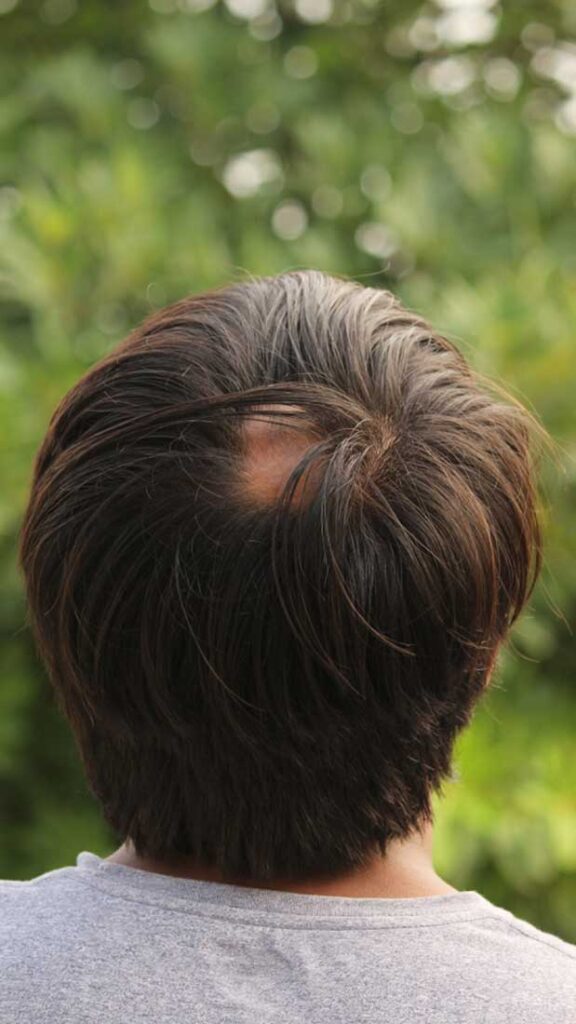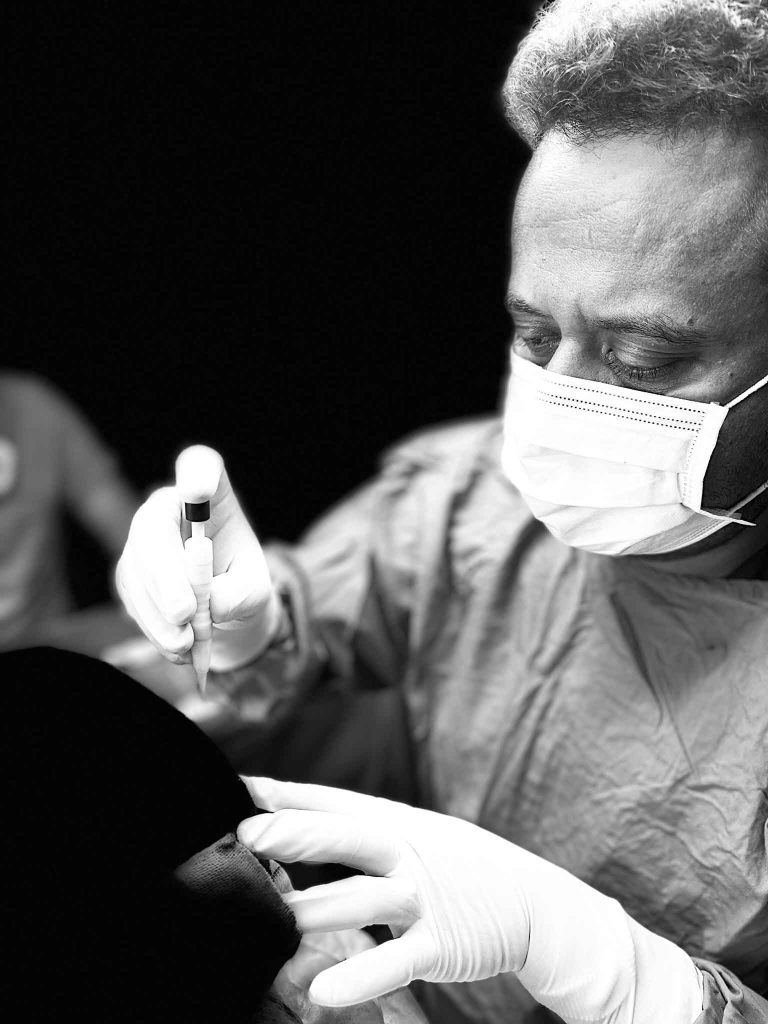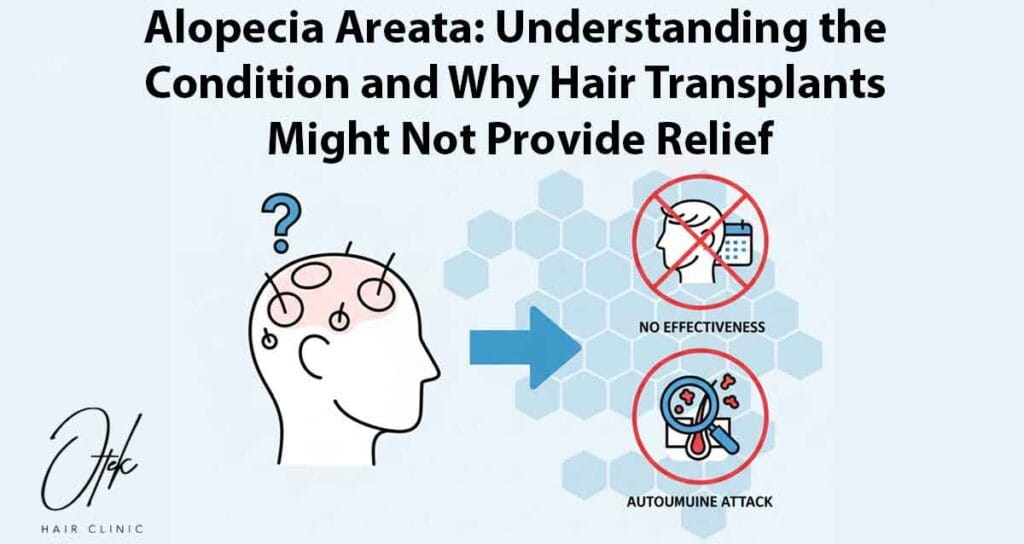Introduction to Alopecia Areata
Alopecia Areata is a unique and challenging hair loss condition, affecting individuals’ self-esteem and confidence. This article delves deep into understanding Alopecia Areata and explores why hair transplants may not always be the best solution.

What is Alopecia Areata?
Alopecia Areata is an autoimmune disorder characterized by sudden and unpredictable hair loss. The immune system, in error, targets hair follicles, leading to the development of round, hairless patches on the scalp. This condition can escalate to more severe forms, like alopecia totalis and alopecia universalis.
The Limitations of Hair Transplants in Treating Alopecia Areata
Hair transplants, while effective for various types of hair loss, face limitations when it comes to Alopecia Areata due to the condition’s distinct nature.
Autoimmune Battles and Hair Transplant
Alopecia Areata stems from an autoimmune response. This ongoing attack on hair follicles continues post-transplant, potentially harming the new grafts and diminishing the effectiveness of the procedure.
Challenges in Predicting Hair Loss Patterns
Alopecia Areata causes patchy hair loss, unlike the gradual thinning seen in other types. This unpredictability creates difficulties in determining optimal sites for transplantation.
Immunological Rejection of Transplanted Hair
In Alopecia Areata, the immune system might target transplanted follicles as foreign bodies, leading to graft rejection and poor growth outcomes.
Managing Alopecia Areata as an Ongoing Condition
Hair transplants are usually a permanent solution for hair loss, but Alopecia Areata is a continuous condition. A transplant might not address the underlying autoimmune issue effectively.


Alternative Treatments for Alopecia Areata
Exploring other treatments beyond hair transplants is crucial for managing Alopecia Areata effectively.
Corticosteroids: Injections and Topical Applications
Corticosteroids can suppress the immune response, potentially reducing hair follicle attack. Injections or topical applications are common approaches.
Minoxidil: A Potential Aid
While not a cure, Minoxidil can sometimes stimulate hair growth in Alopecia Areata patients, though its effectiveness varies.
Immunosuppressive Drugs: A Double-Edged Sword
Immunosuppressive medications can help by reducing the immune system’s attack on hair follicles. However, they come with the risk of side effects and must be managed carefully.
Emerging Treatments and Research
Ongoing research into Alopecia Areata is uncovering new treatment possibilities, offering hope for more effective solutions in the future.
The Psychological Impact of Alopecia Areata
Coping with Emotional Distress
Alopecia Areata’s unpredictability can lead to significant emotional distress. Understanding the psychological impact is crucial for comprehensive treatment.
Support Systems and Counseling
Professional counseling and support groups can be invaluable resources for individuals dealing with the emotional effects of Alopecia Areata.

Lifestyle Adjustments and Self-Care
Importance of a Healthy Lifestyle
A balanced diet, regular exercise, and stress management can play a supportive role in managing Alopecia Areata.
Natural Remedies and Alternative Therapies
While not primary treatments, natural remedies and alternative therapies might offer additional support and relief for some individuals.
Consulting with Specialists
Seeking Professional Guidance
Consulting with dermatologists or hair loss specialists is essential for personalized treatment planning.
Tailoring Treatment Plans
Each case of Alopecia Areata is unique, requiring a customized approach to treatment and management.
Conclusion: Navigating Alopecia Areata
Alopecia Areata presents unique challenges in hair restoration. While hair transplants may not be the optimal solution, various treatment options and support systems are available. Understanding the condition, exploring alternatives, and seeking professional guidance can help individuals manage Alopecia Areata effectively and regain confidence.
Call Us Today for FREE Consultations
ASK A QUESTION

